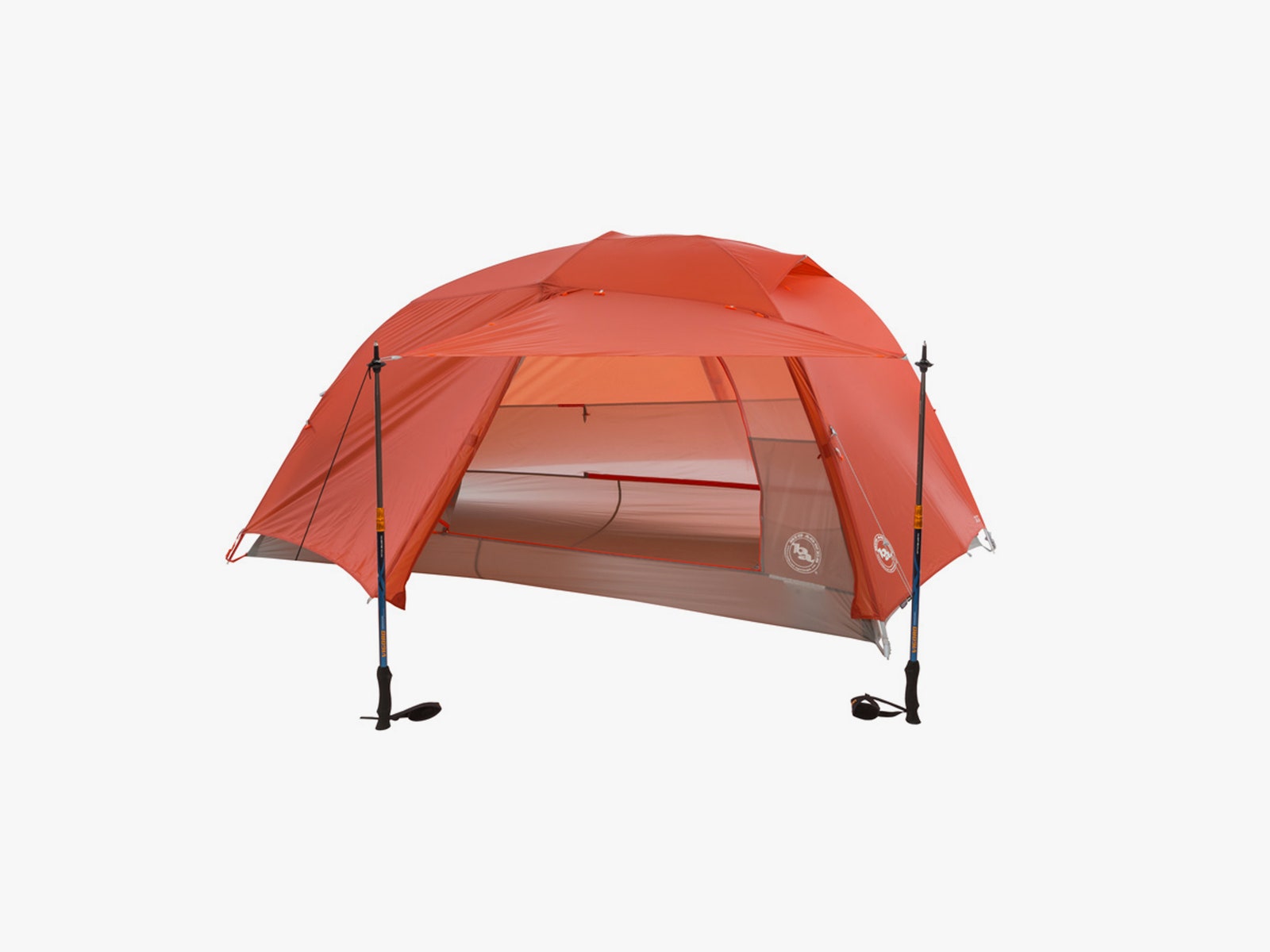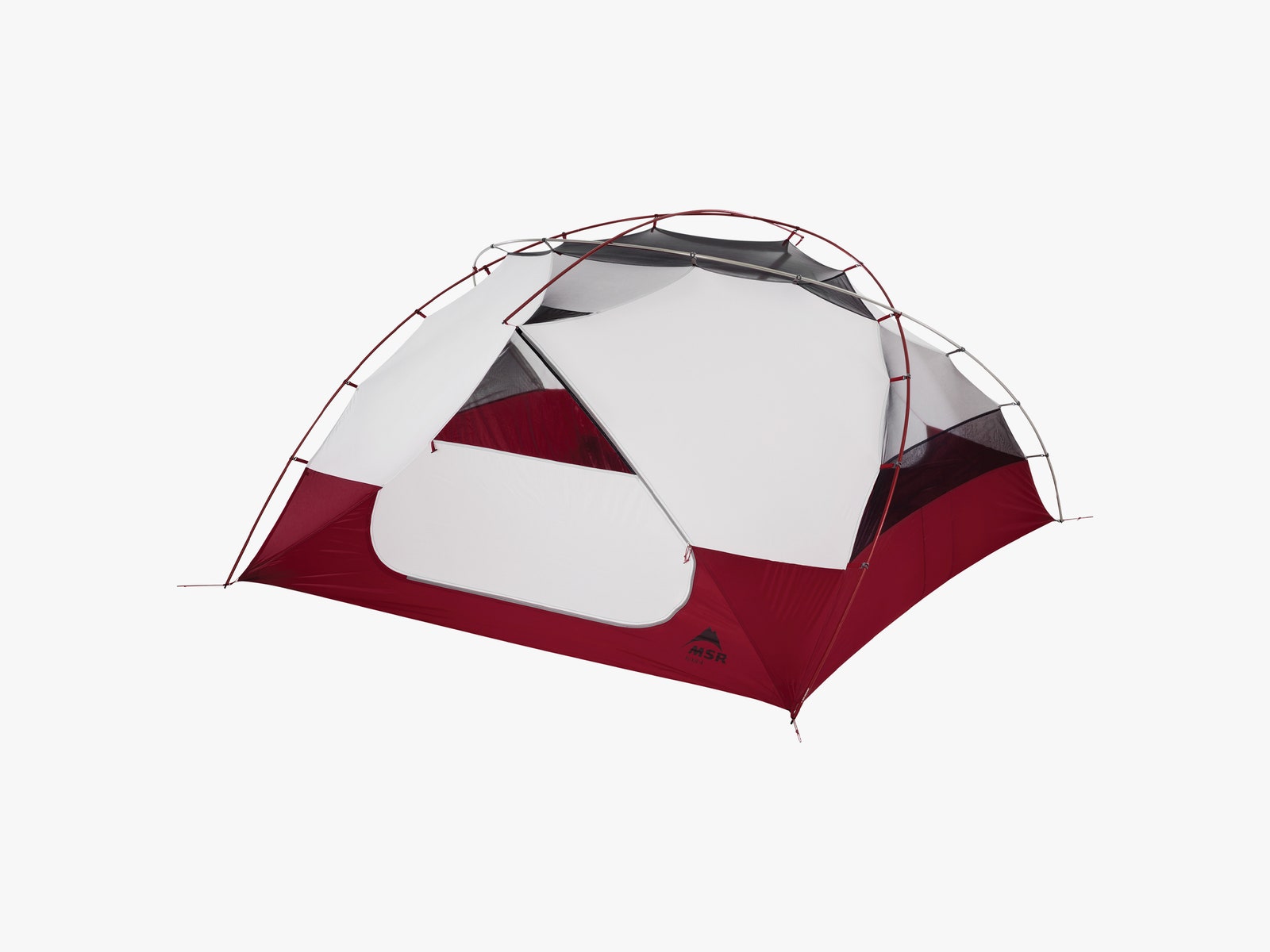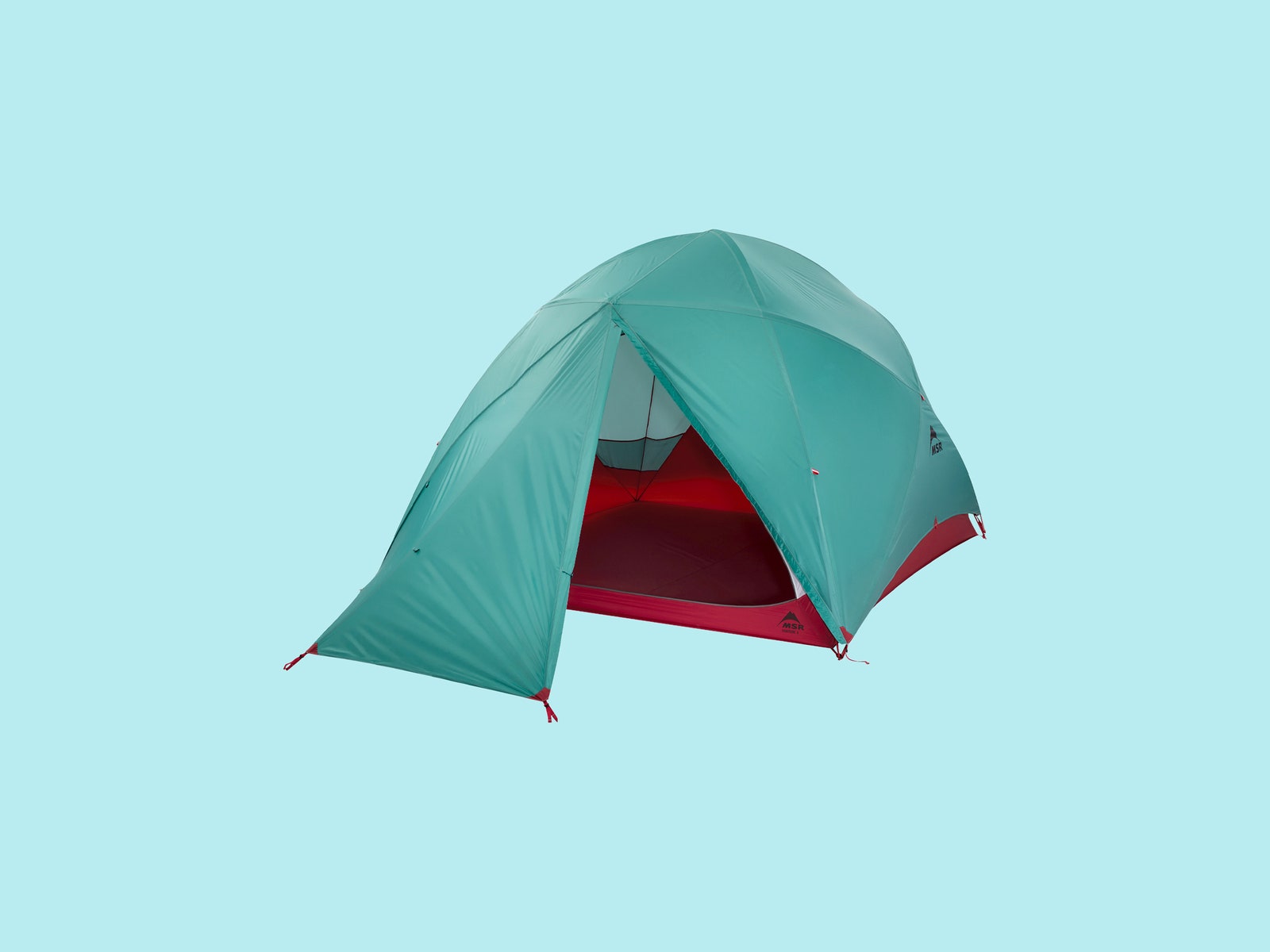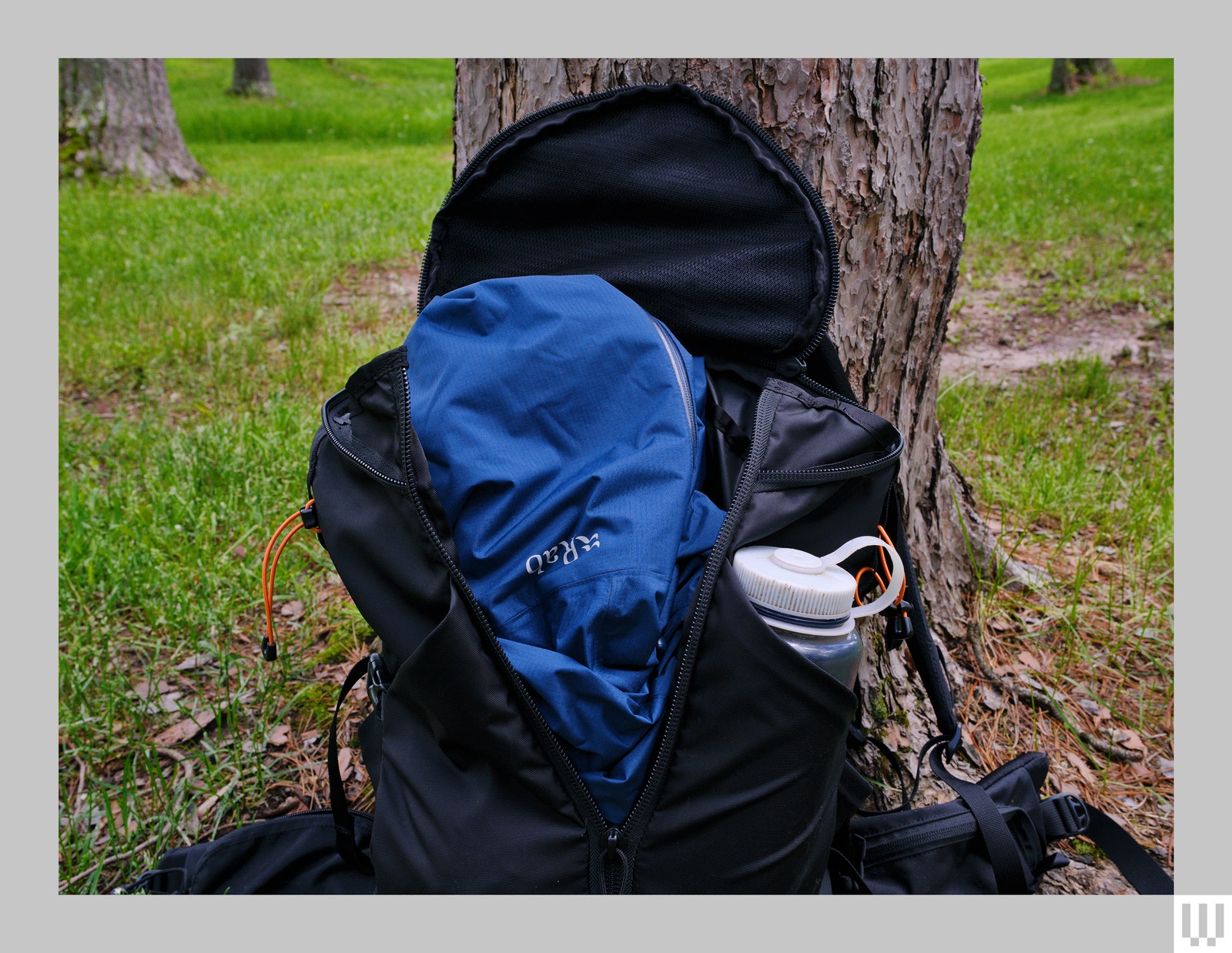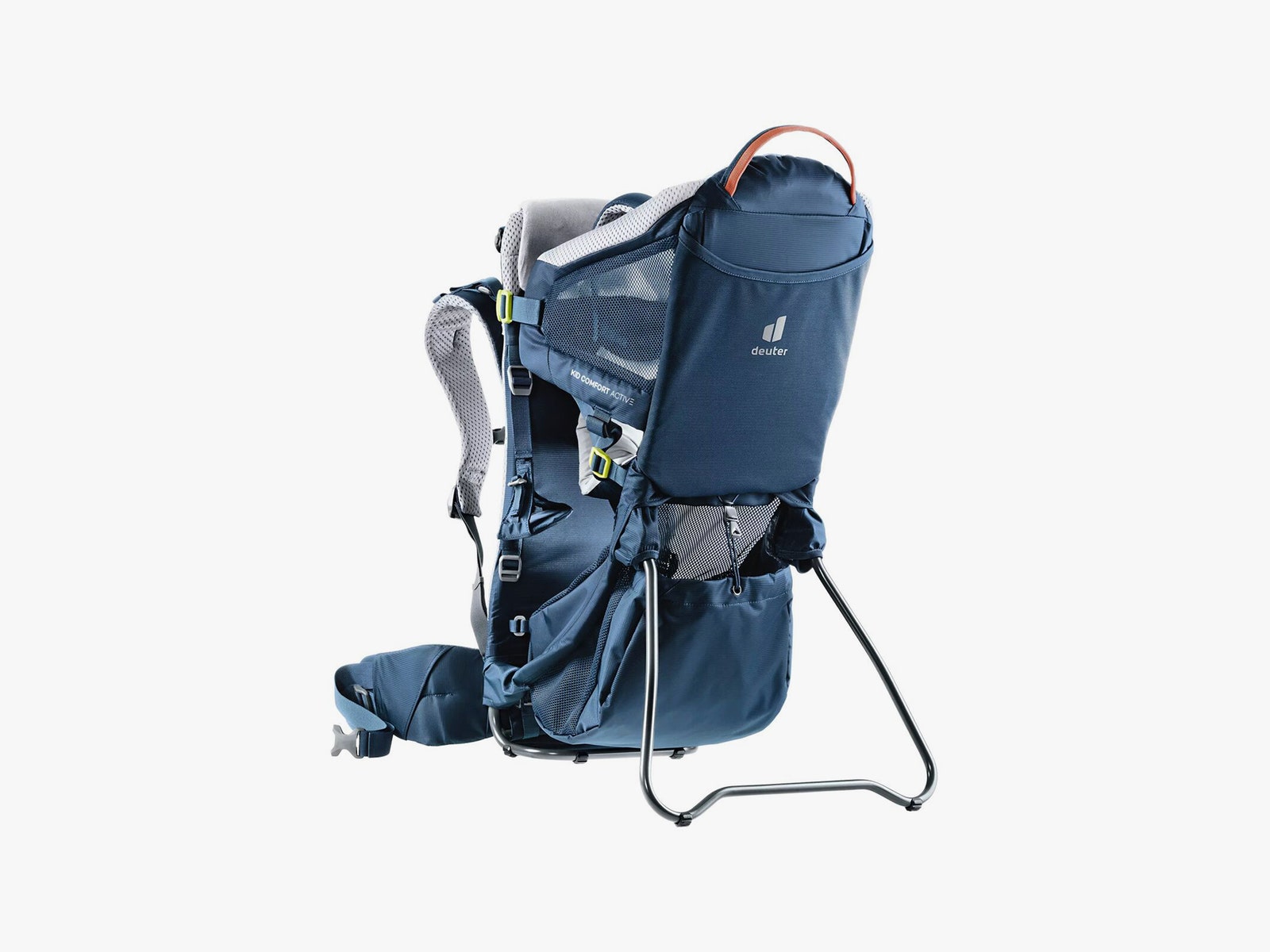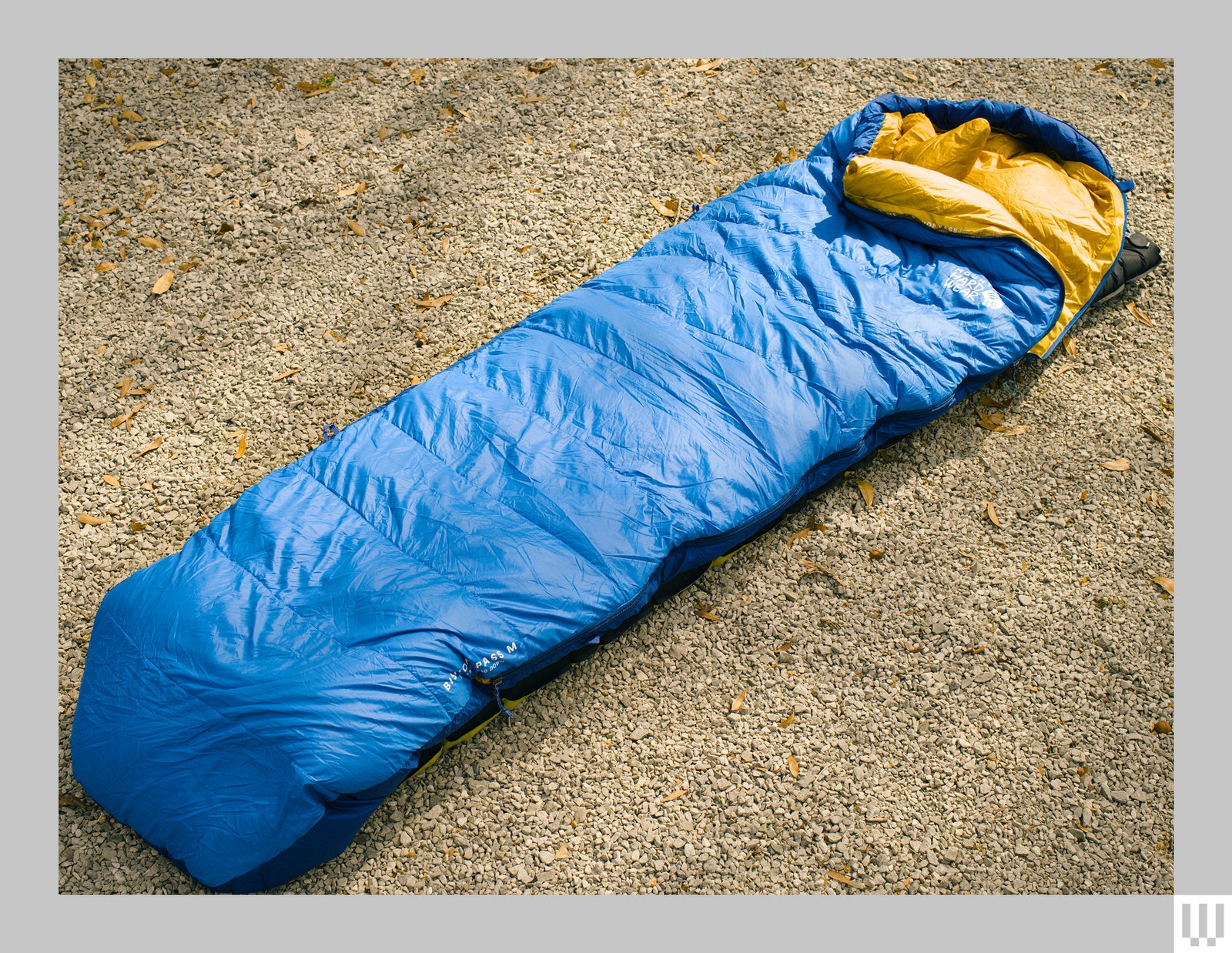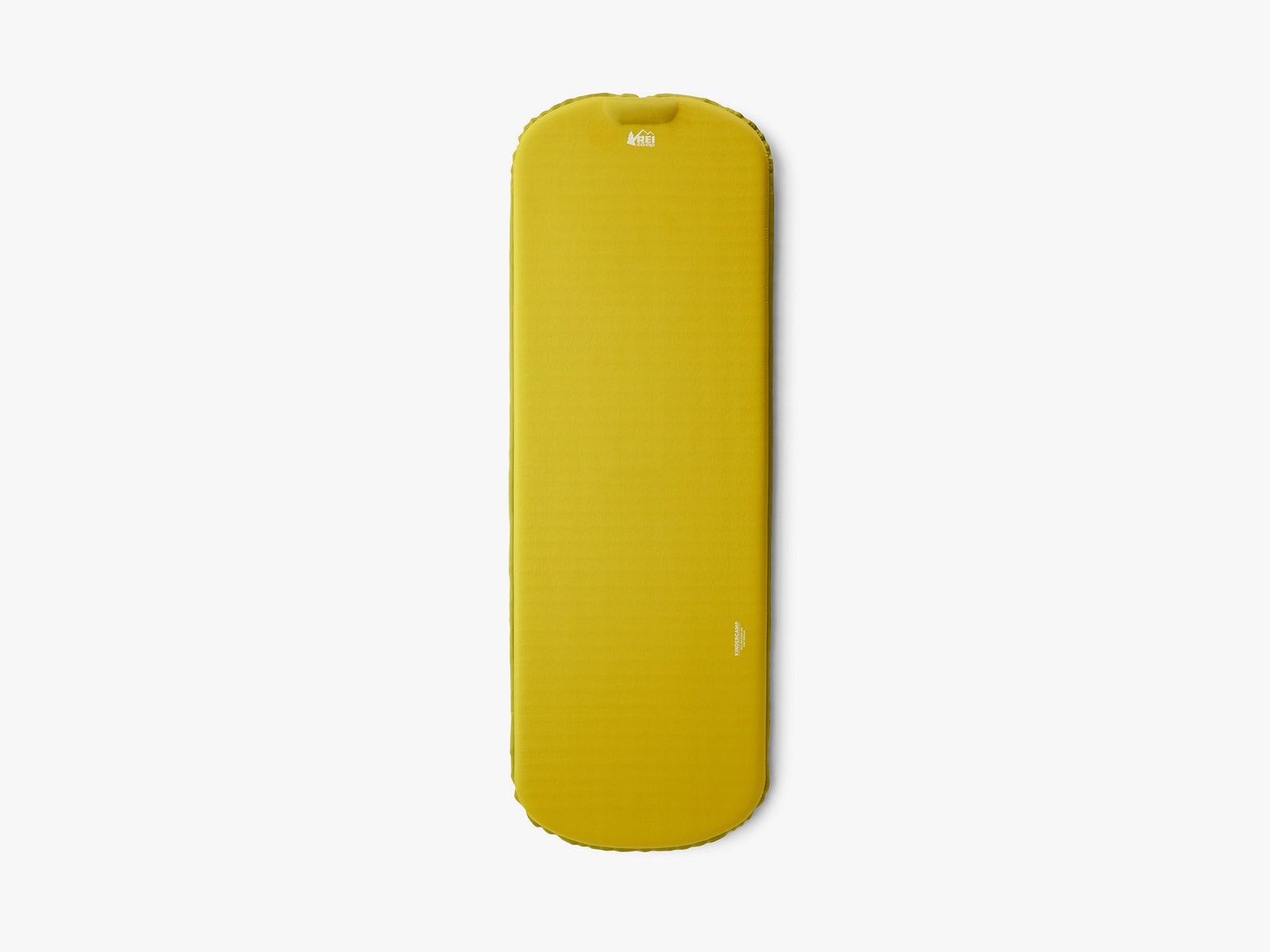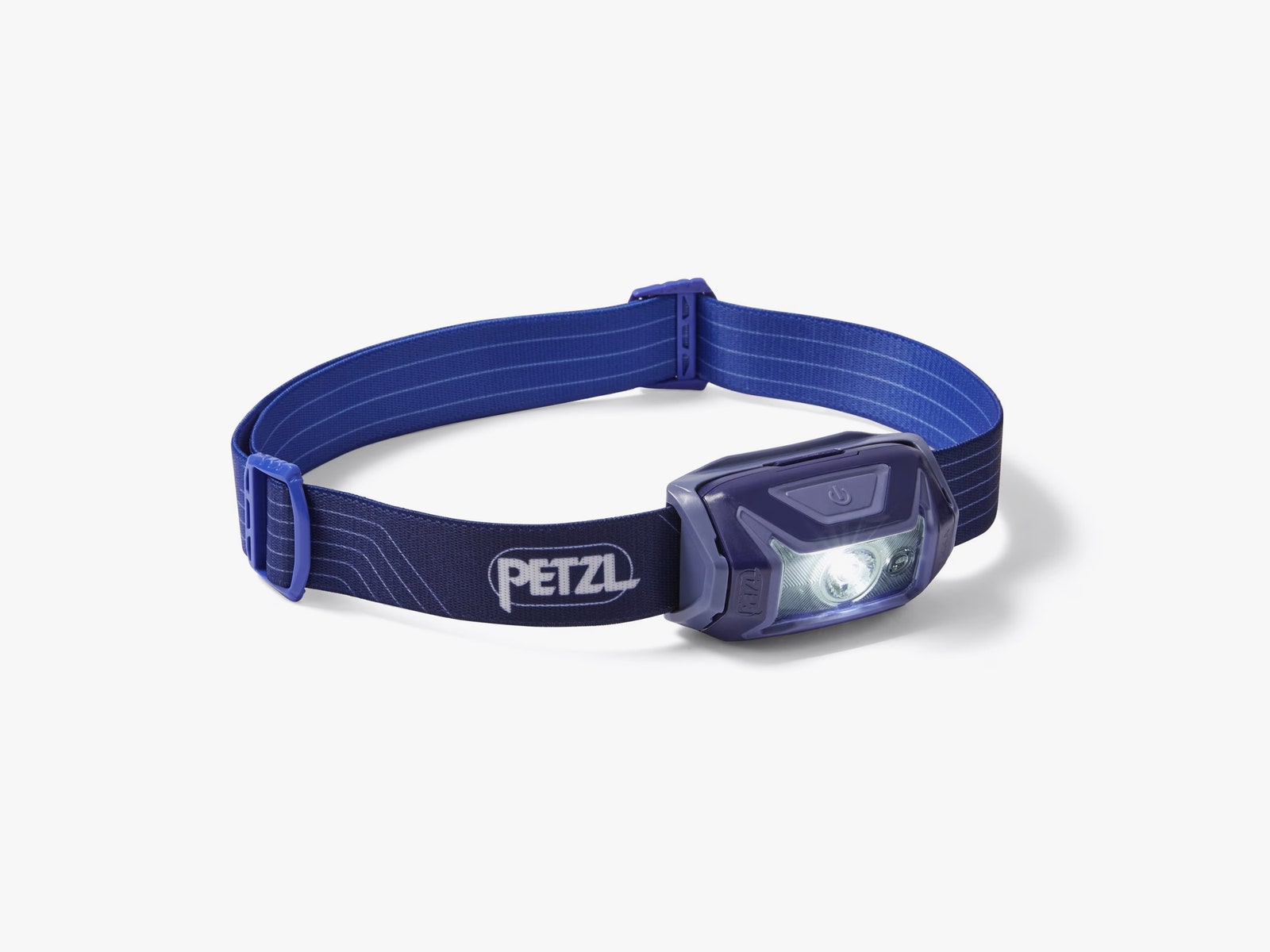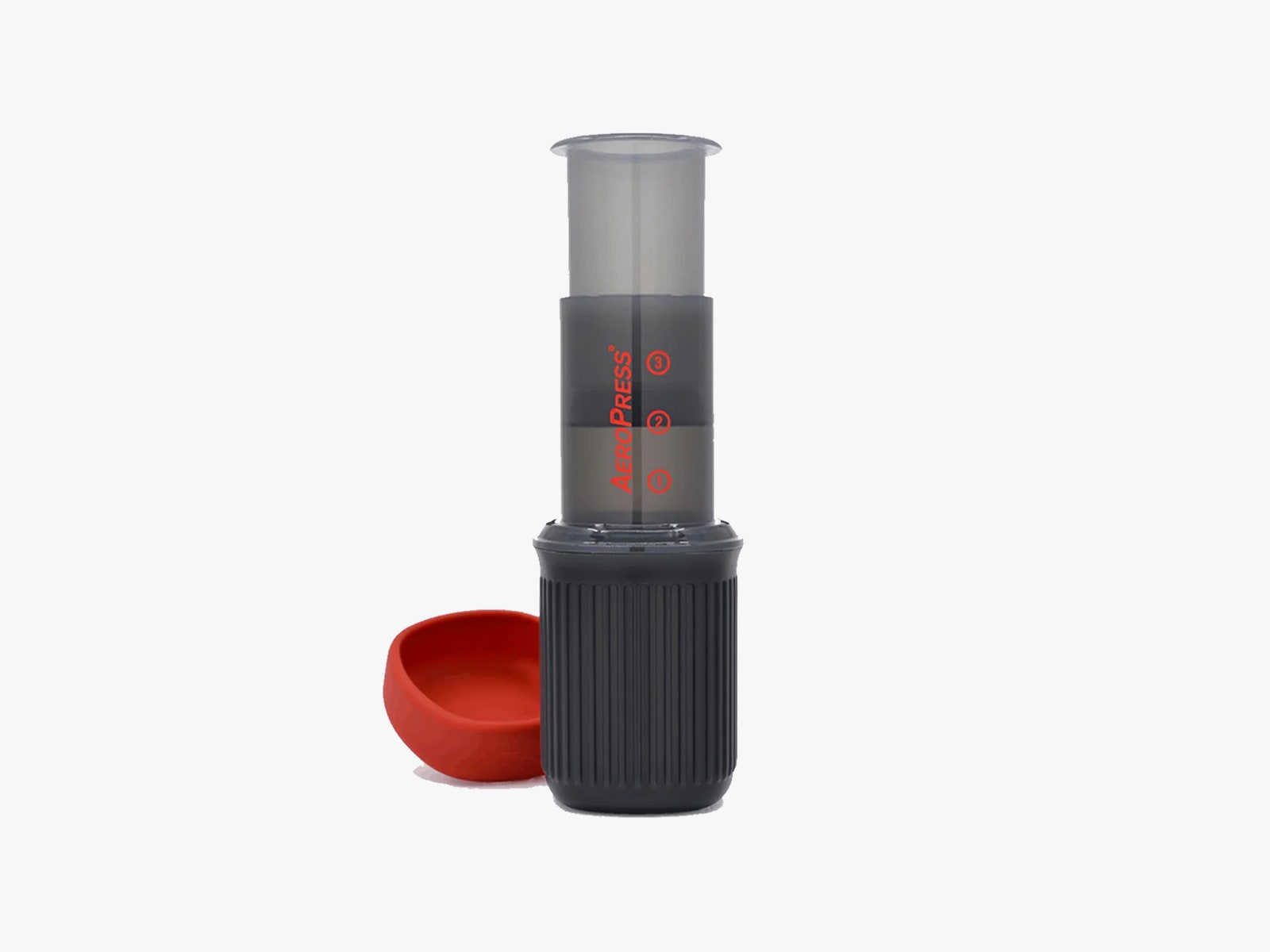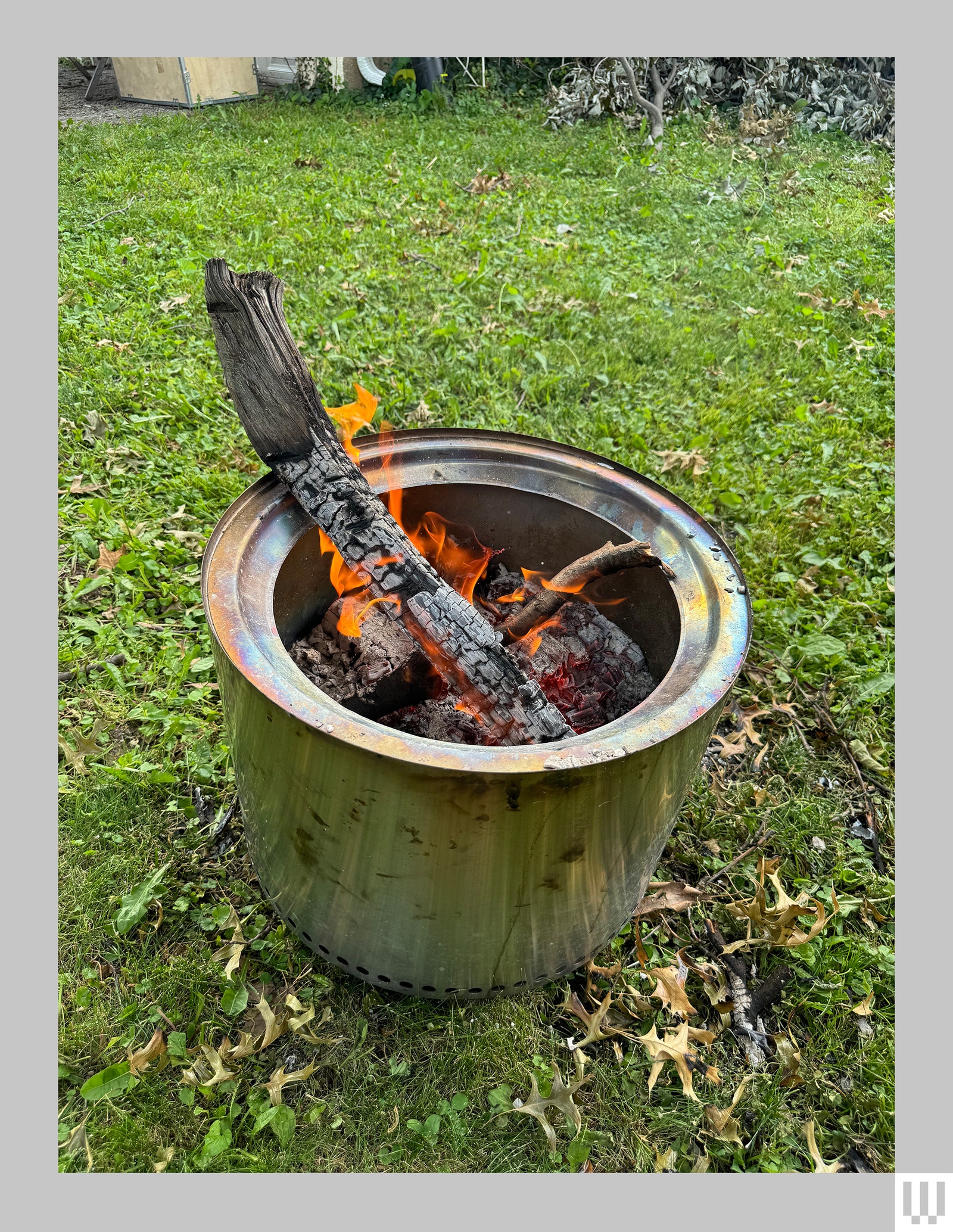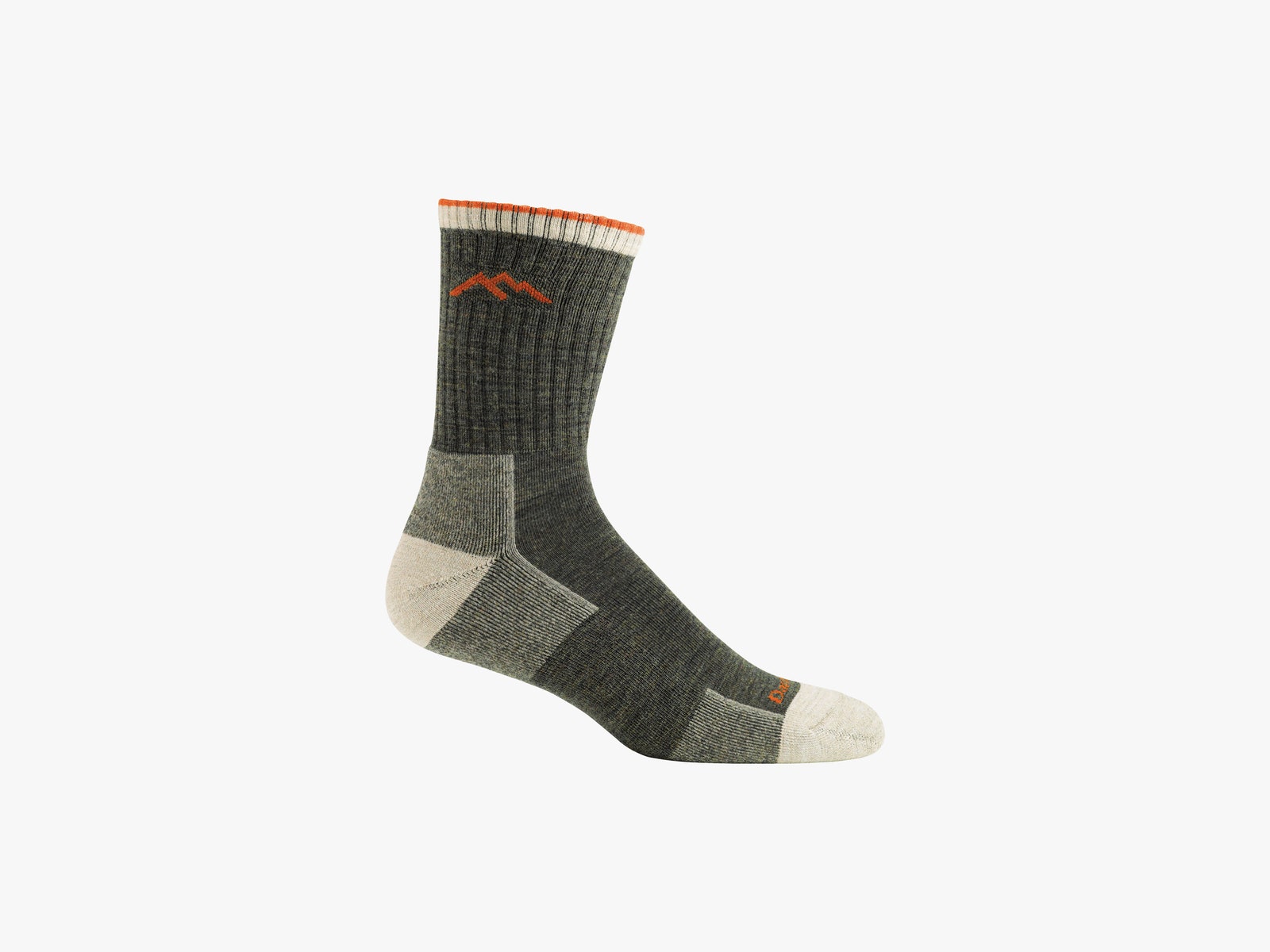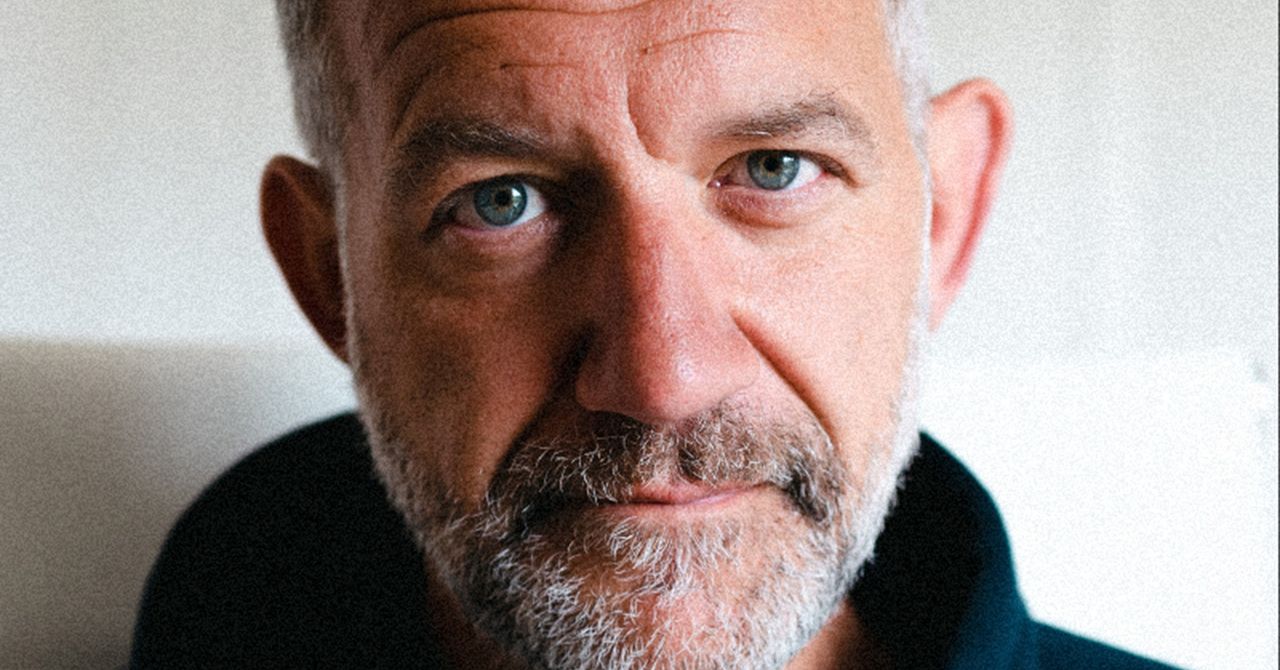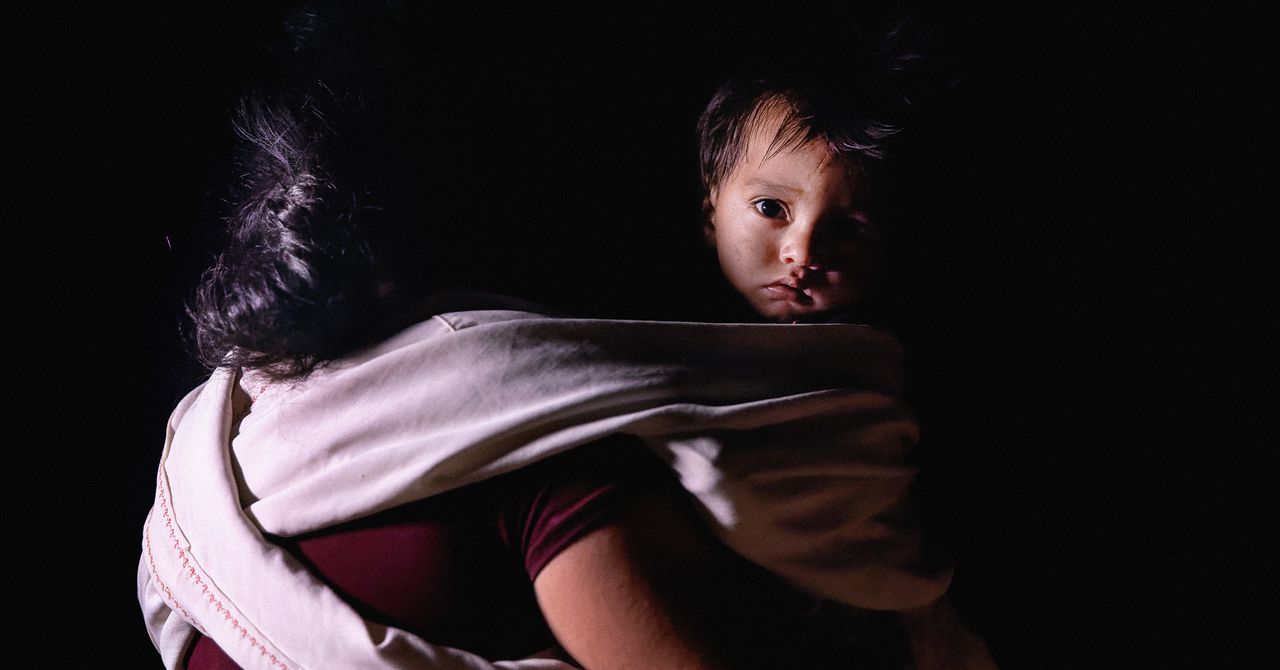What celebrates Freedom so much as buying stuff? Never mind, don’t answer that. But REI is having a Fourth of July sale, which means if you’ve just discovered that your backpack straps or camp chairs have rotted away, it’s time to stock up on hiking and camping essentials without paying full price.
Several other retailers are also having Fourth of July sales, including Backcountry and Public Lands. We’ve highlighted some of our favorite deals on gear we’ve loved over our years of testing. There’s something for nearly all our favorite summer activities—tents, stoves, sleeping bags, and plenty of outdoor apparel. Be sure to look at our guides to outdoor gear, like the Best Tents, Best Sleeping Bags, Best Sleeping Pads, Best Rain Jackets, Best Merino Wool, and Best Binoculars.
Updated July 2, 2024: We’ve added more than dozen new deals on tents, sleeping bags, kayaks, and more from Backcountry’s equally impressive 4th of July sale.
Power up with unlimited access to WIRED. Get best-in-class reporting that’s too important to ignore for just $2.50 $1 per month for 1 year. Includes unlimited digital access and exclusive subscriber-only content. Subscribe Today.
WIRED Featured Deals
Great Deals on Our Favorite Tents
See our guide to the best tents we’ve tested where we get into more details about why we like these models.
Photograph: Big Agnes
The Big Agnes Copper Spur series is the ultimate ultralight tent. I’ve used both the two-person and four-person models over the years, and Big Agnes has continually refined the design to the point that I have nothing left to complain about. This is a high-quality, well-designed tent. It’s lightweight, easy to set up, and stable even in strong winds. The Copper Spur is also very livable, with steep sidewalls to maximize interior space. My only gripe is the price, but on sale, it’s a little easier to handle.
My bikepacking dreams have not yet panned out, but I will get there, I swear, and this is the tent I’m bringing. Big Agnes’ bikepacking tents have shorter pole lengths, enabling them to fit between drop handlebars, or in panniers. The superlight, super-premium Copper Spur HV UL2 weighs a mere 3 pounds and 4 ounces, has twin vestibules and doors, hidden helmet storage, and external webbing for hanging out wet clothes. The 3-person version is also on sale for $440 and the 1-person is on sale for $350.
Photograph: MSR
Our favorite lightweight family tent, the Elixir is a solidly built tent. It’s not as light as the Copper Spur above, but it’s considerably cheaper. The 70D taffeta nylon floor has proved durable in my testing. There are three color-coded aluminum poles with corresponding color-coded clips, making it easy to set up. The side walls are steep thanks to the crossover pole, making the interior roomy, though the storage pockets up top are on the small side. The mesh at the top provides great ventilation on warm summer nights. The 2-person version is also on sale for $192 ($128 off).
Sea to Summit’s Alto TR1 is our favorite tent for going solo. At a mere 33 ounces, it’s plenty light and it held up well in the high winds and rough terrain during testing in Hawaii. The top’s zippered vent should probably have mesh to keep the bugs from flying in between the tent’s inner and outer walls, but let’s be honest—bugs will probably get in there anyway. The 2-person and 3-person versions are also on sale.
I like Kelty’s tarp tent, though I have the 9-foot version and really wish I had the 12, which is what I’ve linked to here. It has stood up well in 20- to 30-mile-per-hour winds in the Outer Banks, and kept the rain off in the deep north woods of Wisconsin. If you plan to use it in a treeless area like the beach, be sure to pick up the poles, which are sold separately.
Photograph: MSR
Our favorite family camping tent, the Habitude is strong and light. It fits easily on a canoe or paddleboard and is easy to set up—the design is simple and the poles are color-coded. There’s plenty of floor space for sleeping pads and sleeping bags to keep two adults, two toddlers, and a large-ish dog warm at night. It also has storage pockets, places to hang lights, and a vestibule.
The Base Camp is a light, airy car-camping tent with room for 4. It’s not super light at 15 pounds, but it’s not too bad to carry if you’re at a walk-in site. It’s got dual doors for great airflow, and it’s very easy to set up, thanks to the color-coded pole system. There’s also a sold-separately vehicle canopy that looks interesting, though we have not tested it. If you need a bit more room, the Base Camp 6 is also on sale for $384 ($165 off)
The Wonderland 6 takes the place of the old Kingdom 6 in REI’s big-tent lineup. I did love the Kingdom 6, but the Wonderland 6 is a capable replacement. The layout and design is very similar, with an optional two-room interior, plenty of large storage pockets, and dual doors. What’s different is the new pole design, which features a forked middle pole for greater stability.
Backpack Deals
Photograph: Scott Gilbertson
This the smaller version of the Mystery Ranch Coulee 30 (8/10, WIRED Recommends) we love. This smaller 20L version is perfect for short hikes. It uses the same super comfortable suspension system, the trademark Y zip access panel, and the same roomy, 4 outside pocket design. If you don’t need the space of the 30L, this is a great option.
The Rip Ruck is an often overlooked pack from Mystery Ranch. I have never officially tested it, but a friend of mine swears by it as an EDC pack and I’ve worn it a few times. It’s very comfortable and it has enough room for a mirrorless camera, notebook, book, rain jacket, and whatever other odds and ends you might need. If you don’t need a huge pack, don’t carry one.
GoRuck is having an X-mas in July sale on quite a few of its popular packs. I like the GR2, which is very close the original GR1 (7/10, WIRED Review) we enjoyed. Our main gripe with this pack is the price, which isn’t so bad right now. If you’re looking for a pack that can work both outdoors and around town, this is one of the best options we’ve tested.
Photograph: Backcountry
My son saw much of the early part of his life from this Deuter pack, which is one of the most comfortable kid-carriers I’ve worn. There’s a decent bit of storage, and it stands up on its own when you set it down. If you’ve got a little one and want to hit the trail, this is the best I tested. It’s almost never on sale either, so grab it while you can.
I have been testing this pack for over six months now, and it’s very close to the perfect small daypack. It’s comfy and roomy for its size. The wider shoulder straps distribute weight better than the usual heavily padded straps, and you get the three-zip system that made Mystery Ranch a legend.
I traveled around the world with an earlier version of this Osprey pack, living out of it for almost a year. It stood up well to the abuse of overland travel—more than once, I watched a bus driver tie it to the roof of a bus by cinching it down with a rope, pulling with all his weight right down the middle of my pack, like a cheese cutter. The Farpoint survived, and my gear inside did as well thanks in part to the thickly padded sides which provide considerable extra cushioning.
Sleeping Bag and Pad Deals
See our guides to the best sleeping bags and best sleeping pads for more details, along with our testing experiences with each of these deals.
Photograph: Scott Gilbertson
Our favorite backpacking sleeping bag, the Bishop Pass offers the best warmth-to-weight ratio while also managing to pack down small and not be too expensive. It isn’t perfect, but it strikes the best compromise for most backpackers. I have slept in this bag for more than two weeks, with nighttime temps ranging from 28 to 65 degrees Fahrenheit, and, yes, it was too much in the heat, but on those warmer nights, I unzipped it and covered myself like a warm blanket. It’s a versatile bag.
A great bag for side sleepers, the Questar uses what Therm-a-Rest calls W.A.R.M. fit, which stands for “with additional room for multiple” positions. Indeed, this bag is very roomy for a mummy design. I was able to draw my legs up when side-sleeping and spread out considerably more than with most of the other bags I’ve tested.
Rab’s Expedition 1000 is a -22 degree bag weighing a mere 3 pounds and 6 ounces, which is light for a bag of this warmth. We crowned it our favorite expedition bag. Its 1,000 grams of 850-fill-power hydrophobic goose down retains warmth but does a good job of venting body moisture. We had no issues after sleeping in it for a week on Alaska’s Kahiltna Glacier. The -40F version is also on sale for $900 ($300 off).
Photograph: REI
Your kids might not need a kid-size pad, but if you want to save some weight and your children are under 60 inches, this pad is excellent. It has an R-value of 4.5, and we’ve tested it as low as 30 degrees Fahrenheit and still had comfortable, happy children. The separate valves for inflation and deflation make it easier for little kids to understand so they can help set up.
My favorite of the old-school closed cell foam pads, the Z lite weighs just 10 ounces (for the small), folds up small enough to lash to the outside of any pack, and doubles as a chair, extra padding on cold nights, backpacking table, you name it. I rarely hit the trail without it. You know what it’ll never do? Deflate on you.
Camp Deals
Be sure to read through our other relevant outdoor guides for more great camping gear, including the Best Tents, Best Hiking Gear, Best Camp Stoves, and our Camp Cooking guide.
Photograph: REI
This headlamp is indestructible. I have had mine for more than 20 years now. While I’ve had to replace the strap twice in that time, it otherwise works as well as it did the day I bought it. Grab some rechargeable AAA batteries and you’ll have light for many years.
I am currently converting a school bus into an RV, and my sole source of power thus far is the Goal Zero Yeti 1500 ($1,300). That’s slightly more powerful than this one, but for weekend camping, where you’re probably not running a circular saw and shop vac, the Yeti 700 should provide more than enough power. This pairs well with Goal Zero’s portable solar panels too, so it’s easy to stay topped up on power.
I’ll confess I’ve never used this as the trash can it’s supposed to be. It’s too nice. I use it as a laundry bag. It’s made of 600-denier nylon, and the inside is lined with a 1,000-mm polyurethane coating, which makes it easy to clean with a hose. Spray it down and hang it out to dry. The roll-top closure is similar to a dry bag. It isn’t fully waterproof, but it will keep your trash from spilling.
Photograph: Aeropress
The AeroPress Go (9/10, WIRED Recommends) is a great camp coffee solution for big groups. Everyone can brew their own cup, in whatever strange and exciting AeroPress method they love. Even if not everyone loves it, no one is going to hate it. Well maybe Steve will, but he complains about everything.
Our favorite way to avoid the green propane bottles is this gas growler. This model gets you a 0.9-pound propane tank with a nice padded/insulated sleeve and a handy strap for carrying, and it makes your camp setup look much nicer than a bare tank. It also saves your shins during those inevitable run-ins with cold hard steel that come from lugging around a big propane tank. This size is the equivalent of four green propane bottles.
This chair is the coziest way to hang out around camp. It is somewhat huge, heavy, and awkward to fold up and carry, but it’s all worth it once you cram everyone you love on it in front of a fire.
Photograph: Martin Cizmar
A fire pit can be a great addition to any backyard. If you can, build one yourself, but if you can’t, Solo Stove’s Yukon 2.0 (7/10, WIRED Recommends) is a nice, hassle-free option. It’s nearly smokeless but still burns hot, and it’s pretty easy to move around. This bundle includes the stand, spark shield, and cover. If you don’t need all that, you can pick up just the stove from Solo, on sale for $450 ($50 off).
I think of the Ranger as the baby Solo firepit, but with the advent of the tabletop models that’s not really true anymore. Whatever the case this the smallest and cheapest of Solo’s backyard firepits. It’s perfect for couples and small families.
Biolite’s FirePit+ is our favorite high-tech hibachi. It’s a sleek, portable, mesh box with removable legs, a hibachi-style grill, and an ash bin. It has a rechargeable 10,400-mAh battery that can power 51 air jets for up to 26 hours. This allows you to precisely control the flame and, to some extent, the heat of the fire. It’s Bluetooth-compatible, so you can tweak the airflow—and how high the flames go—on your phone. The FirePit+ can burn charcoal or wood, and, thanks to the fans, you don’t need a charcoal chimney, and you’ll never struggle to get a fire burning.
Deals on Bikes, Boats, and Socks
Photograph: Darn Tough
Darn Tough socks are, ahem, darn tough. I am the merino wool guy around these parts, and I have tried dozens of merino socks, and the Darn Tough have held up better than anything else. There are some very comfy merino socks out there, some of which have a higher merino count (these are 60 percent), but none that have outlasted Darn Tough.
Our review is forthcoming, but not only does REI make reasonably priced commuter bikes, the company will also build them in-house and offers a year of free adjustments. This is reasonably priced for all the commuter essentials, with a 250-watt motor on a step-through frame. It does offer a little less torque than you might need if you live in a city with a lot of hills, however.
Oru’s foldable kayaks are genius—all the boat, none of the size. The lake is light, reasonably fast, and the cheapest way to get into the world of folding kayaks. As with all Oru’s offerings, the Lake folds origami-style into a roughly 30-inch square that’s just 15 inches deep—small enough to fit in a car trunk or hall closet.
I like the Trailmade as a jacket to leave in the car as part of my perma-hiking kit—stuff that’s always there and ready to go. This is not the greatest rain jacket. It will not keep you dry in Thailand’s monsoon season rains, but it’s good enough for the afternoon thunderstorms that pop up in my neck of the woods, and it’s an excellent windbreaker. I mean, come on, it’s $35 for a decent rain jacket.






